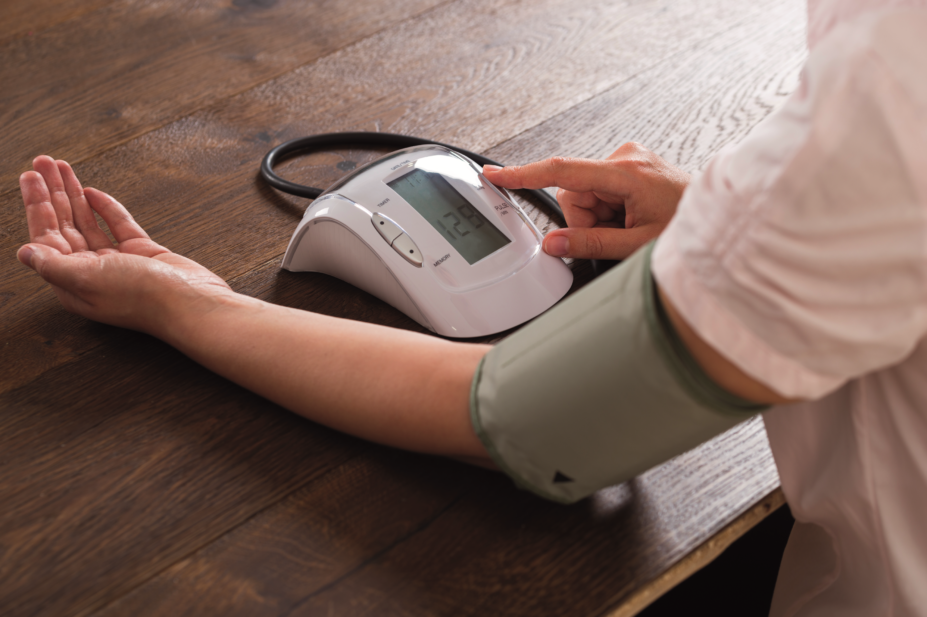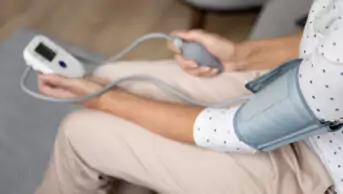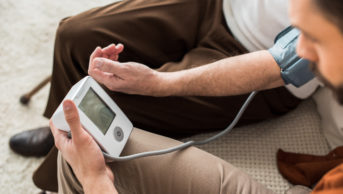
Shutterstock.com
One in four patients with hypertension are either partially or fully non-adherent to their medication, according to research published in the British Journal of General Practice
(30 July 2019).
The researchers set out to examine, for the first time, the feasibility of using mass spectrometry urinalysis to differentiate between patients with treatment-resistant hypertension and those with “pseudo-resistance”, which occurs when non-adherence to medication, white-coat hypertension (WCH), lifestyle and inadequate drug dosing are responsible for their poorly controlled blood pressure.
The study comprised 235 people in Ireland with apparent treatment-resistant hypertension who were either on four blood pressure (BP)-lowering medications or on at least three with raised BP.
The patients underwent mass spectrometry urinalysis to test medicines adherence and ambulatory BP monitoring to examine WCH.
They found that 24% (56) of the 253 patients who underwent the urine analysis were partially adherent and 2% (5) of patients were fully non-adherent to therapy. Combining this result with those who also had ambulatory BP monitoring suggested that 45% of the patients were pseudo-resistant.
“As poorly controlled blood pressure has few symptoms, patients are often not aware of all the risks,” said lead author Peter Hayes, a GP and lecturer at the University of Limerick.
“Many patients intend to take their medication but simply forget to do so; absolute refusal to take medication is rare.
“We believe that consensually checking adherence to medications in patients with poorly controlled blood pressure is a way of opening discussions between doctor and patient about the issue. Both parties can then jointly work to solve the problem.”


